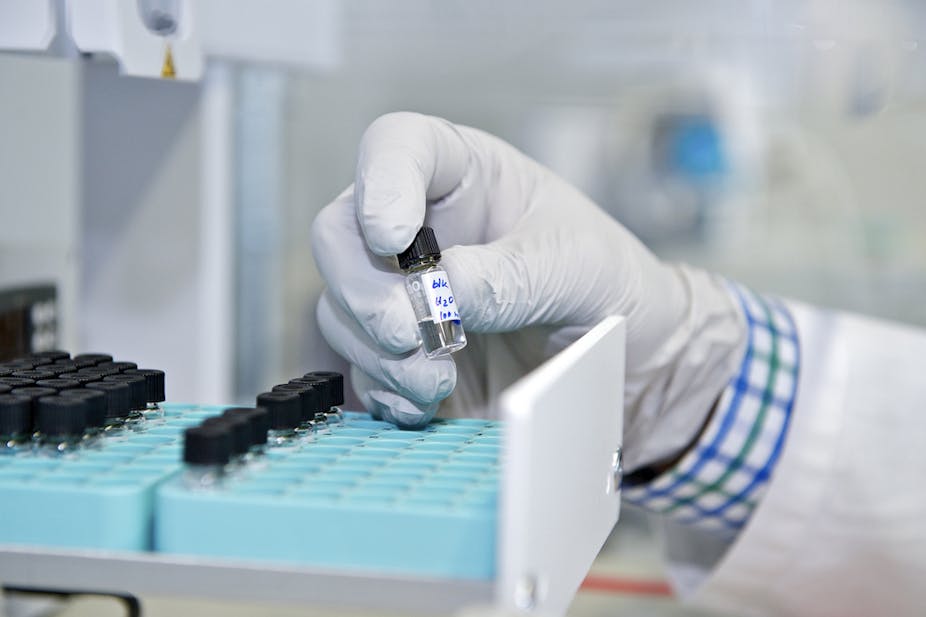Public investment in the Human Genome Project was expected to deliver a global public good that would help generate scientific breakthroughs. But open access to our genetic blueprint is a precondition to achieving this and gene patenting – where companies have monopoly rights over genetic material – threatens to undermine it.
Allowing patents that capture categories of unique genomic DNA damages the principle of open access. A related constraint – and one that can impact research and diagnostics – is the “ownership” of genetic samples from patients.
The potential and richness of this data could hold the key to developing cures, but opportunities are lost if this data is privatised or made inaccessible in some other way.
It’s difficult to find useful data on the number and scope of gene patents but a recent report from Weill Cornell Medical College in the United States delivers an interesting analysis. It estimates that almost all the human genome has been claimed through a series of complex and overlapping patents.
The most contentious genetic patents are those that are simply isolated and remain identical to DNA in the body. This category of patents blocks access to the original DNA and constrains innovation and research.
The legal status of such gene patents is now being addressed through test cases in the United States and Australian courts.
And it won’t just be companies that will be affected. The reduction in genetic sequencing costs has transformed the scope and access to genetic research and information for the scientific community. It also created a personalised genetic service industry that will have to take account of the legal wrangling over gene patents.
Public interest in understanding hereditary genome is a growth industry. Individuals contribute their DNA and pay for genetic analysis to services, such as 23andMe and similar companies offering assorted personalised genetic services.
How this genetic information is translated commercially – how it will be accessed and utilised, by whom and for what purposes – will have significant consequences, particularly in terms of health insurance access and notions of wellness.
The public also contribute to significant collections of individual genetic samples sourced through health-related services. But rarely do individuals seek an understanding of the use that might be made of their samples.
Patients’ clinical samples and genetic data collected by various genetic services are generally maintained by the service provider. That data often becomes part of privatised patented or copyright databanks, some used for important medical research, or on-sold to other businesses.
UNESCO’s 2003 Declaration on Human Genetics Data provides some guidance about the ethics of genetic data but has little teeth. It promotes ethical practice in genetic data use and storage, with de-identification being the primary protection.
If unique but simply isolated DNA continues to be patentable, innovation will be affected and research options skewed. Private databanks will be permanently off limits. The issue of access to the human genome requires some clear thinking to develop appropriate governance and policy options to future-proof innovation.
The public is becoming more aware of the odd set of double standards applied to “accessing” genetic resources. Whether this will affect the current level of interest in understanding more about their genetic make-up or question what happens to their data is an open issue.

